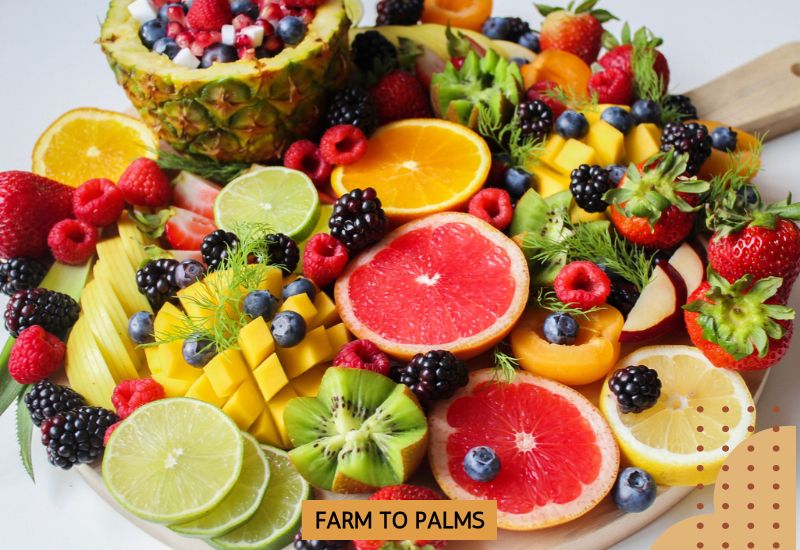Eating various fruits in a meal, often called consuming a fruit salad or fruit medley, can offer numerous health benefits. This practice allows you to harness the unique nutritional profiles of different fruits simultaneously, providing a diverse array of vitamins, minerals, antioxidants, and dietary fiber. The many advantages of eating all fruits at once, exploring their impact on overall health, nutrition, and well-being.
Fruits are a vital component of a healthy diet. They are rich in essential nutrients and antioxidants, making them valuable for maintaining good health. While consuming fruits individually is undoubtedly beneficial, combining a variety of fruits into a single meal can provide even more advantages. This practice can maximize the nutritional benefits and enhance the overall eating experience. This essay will discuss the numerous benefits of eating all fruits at once.
Nutrient Diversity
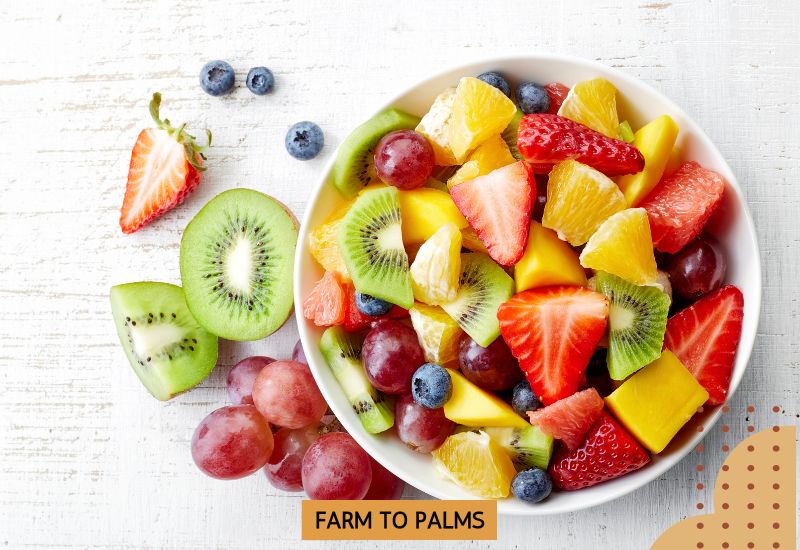
One of the primary advantages of consuming a mixture of fruits is the increased nutrient diversity. Different fruits contain various vitamins and minerals, each with unique health-promoting properties. By combining multiple fruits in a single meal, you can ensure that you obtain a broader spectrum of essential nutrients. For example:
Vitamins
Different fruits are rich in various vitamins. Oranges and citrus fruits are excellent sources of vitamin C, while bananas provide potassium and vitamin B6. By eating a fruit salad, you can benefit from multiple vitamins in one go.
Minerals

Fruits such as kiwi and strawberries are rich sources of magnesium. At the same time, mangoes and papayas provide an excellent vitamin A. Combining these fruits can help meet your mineral needs more effectively.
Antioxidants
Berries such as blueberries, raspberries, and strawberries are abundant in antioxidants like anthocyanins and quercetin. These antioxidants contribute to the health benefits of these fruits. Combined with other fruits, these antioxidants can combat oxidative stress and inflammation.
Dietary Fiber

Another significant advantage of eating all fruits at once is the increased dietary fiber intake. Dietary fiber is crucial for digestive health, weight management, and blood sugar regulation.
Consuming various fruits ensures that you obtain a diverse range of fiber sources, as different fruits contain varying amounts and types of fiber.
Soluble Fiber
Fruits such as apples, pears, and citrus fruits are rich in soluble fiber, which has been shown to help lower cholesterol levels and stabilize blood sugar. Incorporating these fruits into a fruit salad promotes heart and metabolic health.
Insoluble Fiber
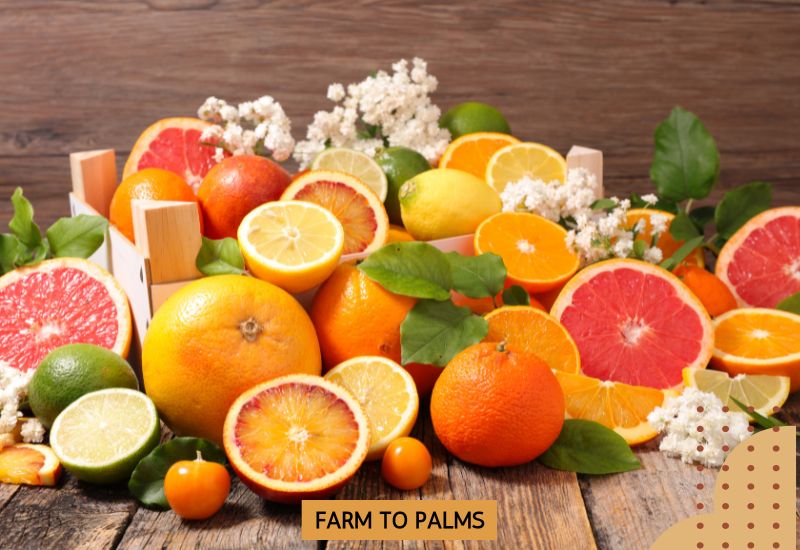
On the other hand, fruits like berries, kiwi, and grapes are rich in insoluble fiber, which aids in regular bowel movements and prevents constipation. A mixed fruit salad can contribute to better digestive function.
Gut Health
A diverse fruit salad can also promote gut health by providing a variety of fibers that feed beneficial gut bacteria. This can enhance overall digestive well-being.
Enhanced Taste and Palatability

Eating all fruits at once can be a delightful and visually appealing experience. Combining different colors, flavors, and textures creates a sensory feast for the palate. This enhanced taste and palatability can have several benefits:
Increased Enjoyment
A fruit salad offers a more exciting and enjoyable eating experience than a single fruit. Combining sweet, tart, and savory flavors can create a delightful culinary experience.
Encourages Fruit Consumption
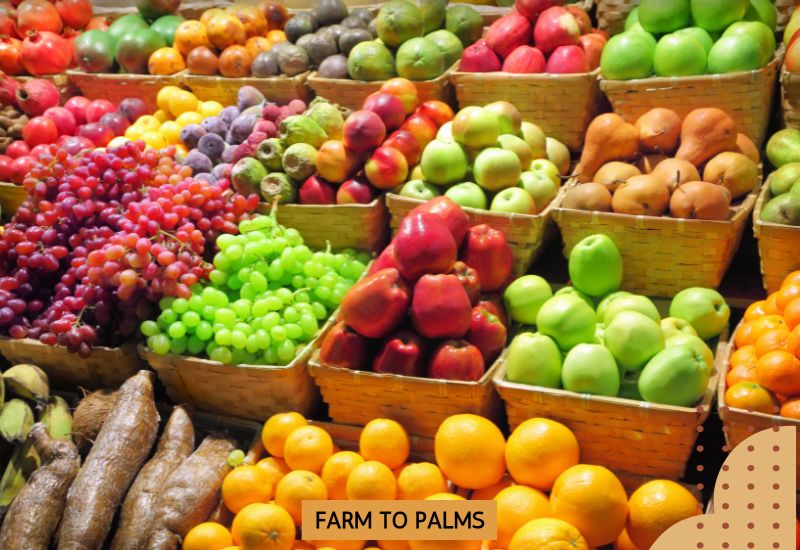
Combining different types of fruits can help individuals with picky eating habits or limited preferences to expand their fruit choices and incorporate a greater variety of fruits into their diet. This can be particularly beneficial for children.
Texture Variety
A fruit salad typically incorporates a variety of fruits with contrasting textures, such as the crispness of apples, the refreshing juiciness of watermelon, and the smooth creaminess of bananas. This variety adds depth to the eating experience.
Weight Management

Incorporating a diverse range of fruits into your diet, particularly in the form of a fruit salad, can support weight management efforts in several ways:
Low-Calorie Density
Fruits are generally soft in calories but high in water and fiber, giving them a low-calorie density. A fruit salad can be filling and satisfying while providing relatively few calories, making it a valuable addition to a weight loss or maintenance plan.
Satiety
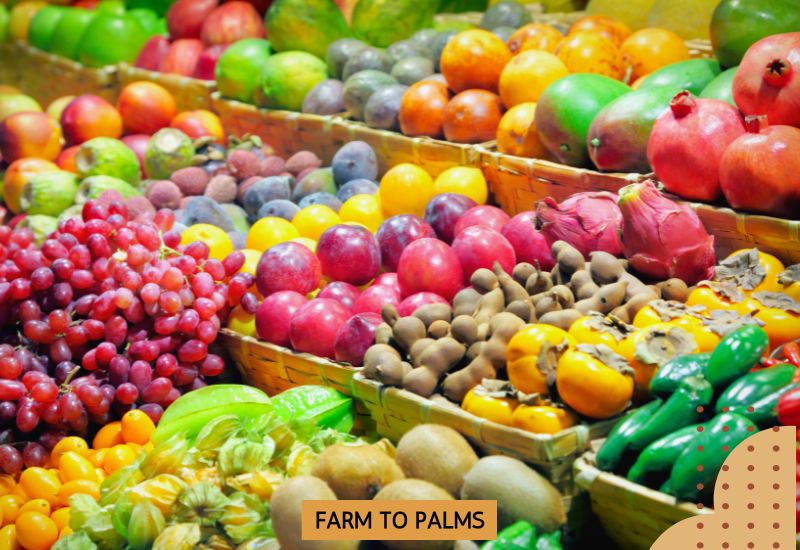
The high fiber content found in fruits aids in promoting a sense of fullness and satisfaction, which can help prevent overeating. This is particularly beneficial for managing portion sizes and avoiding consuming excessive calories.
Healthy Snacking
A fruit salad is an excellent option for a healthy snack. It can satisfy sweet cravings without the added sugars and empty calories often found in processed snacks.
Blood Sugar Regulation

Adequate blood sugar management is essential for optimal health, especially for individuals with diabetes or at risk of developing the condition. Consuming a mix of fruits can have a positive impact on blood sugar regulation:
Lower Glycemic Load
Combining fruits with varying glycemic indices can result in a lower overall glycemic load. This means the meal’s impact on blood sugar is moderated, reducing the risk of sharp spikes and crashes.
Fiber and Blood Sugar

The fiber in fruits slows down sugar absorption, helping maintain steady blood sugar levels. This is essential for diabetes management and can also benefit individuals looking to prevent insulin resistance.
Balanced Carbohydrates
Fruits contain natural carbohydrates, but when combined in a salad, they can provide a balanced and steady release of energy. This can help prevent sudden spikes in sugar levels.
Antioxidant Synergy

Fruits are renowned for their antioxidant content, which helps protect the body from oxidative stress and free radical damage. When different fruits are consumed together, they can exhibit what’s known as “antioxidant synergy,” where the combined effect of antioxidants is greater than the sum of their individual effects:
Vitamin C and E
Vitamin C, found in citrus fruits, and vitamin E, found in nuts, can work together to protect cells from oxidative damage. A fruit salad that includes both fruits and nuts can enhance this synergy.
Polyphenols
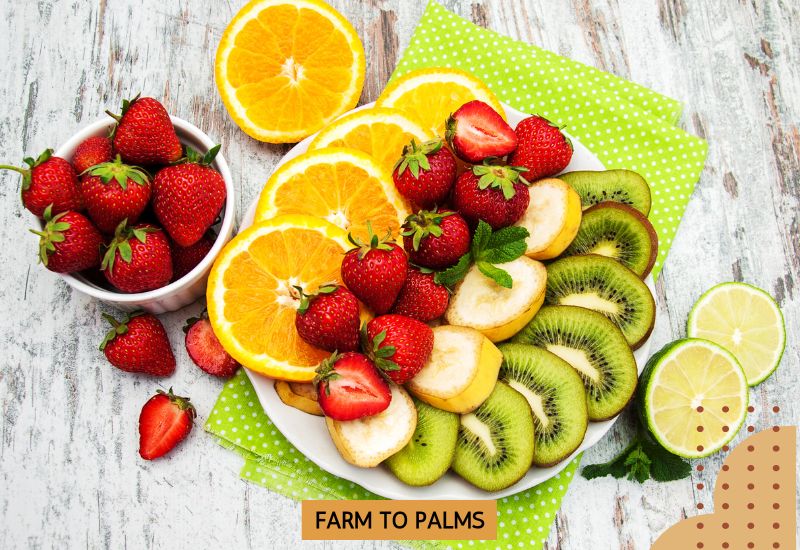
Fruits contain polyphenolic compounds such as flavonoids and phenolic acids. These compounds can work together synergistically, resulting in increased antioxidant benefits.
Cancer Prevention
Antioxidant-rich diets have been associated with reduced cancer risk. By consuming a diverse mix of fruits, you can maximize your intake of these protective compounds.
Heart Health
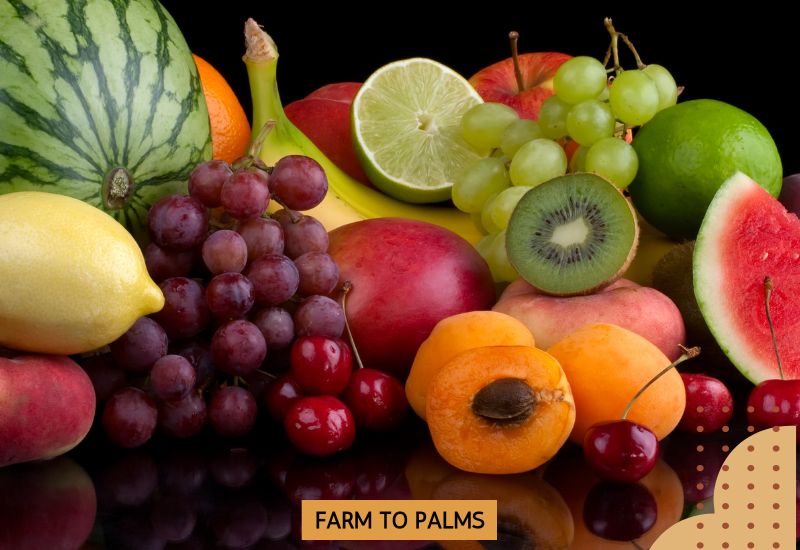
A fruit salad is an excellent option for promoting cardiovascular health because it contains various components that support heart well-being:
Potassium
Fruits such as bananas, oranges, and cantaloupes are rich in potassium, a nutrient that plays a crucial role in regulating blood pressure and supporting heart function.
Fiber

The fiber in fruits can help lower cholesterol levels, reducing the risk of heart disease.
Reduced Sodium
A fruit salad can be naturally low in sodium, which is essential for blood pressure control.
Immune Support
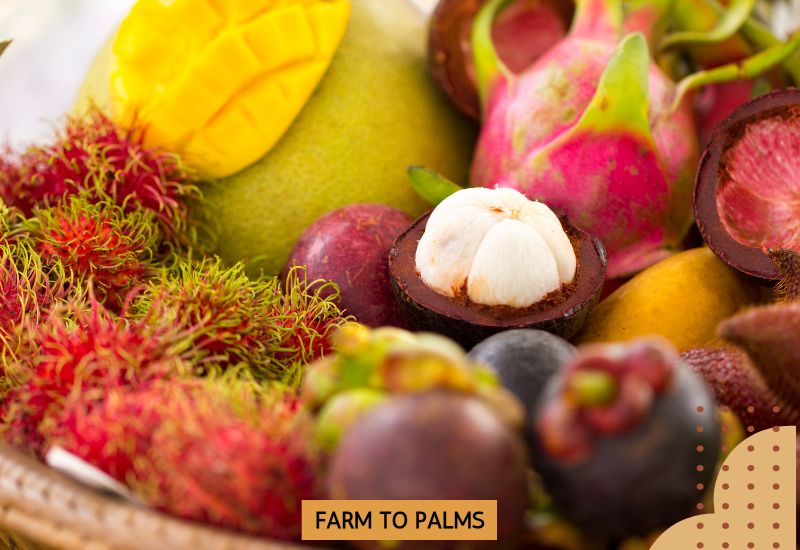
Consuming a diverse fruit salad can significantly enhance the immune system. Fruits are packed with essential vitamins and antioxidants that play a crucial role in supporting immune function:
Vitamin C
Citrus fruits, kiwi, and strawberries are high in vitamin C, which is known for its immune-enhancing properties. Consuming a combination of these fruits can help maintain a robust immune system.
Vitamin A

Fruits like mangoes and papayas are rich in vitamin A, essential for maintaining the skin’s and mucous membranes’ health, crucial barriers against pathogens.
Antioxidants
The antioxidants in fruits help protect immune cells from damage and support their optimal functioning.
Skin Health
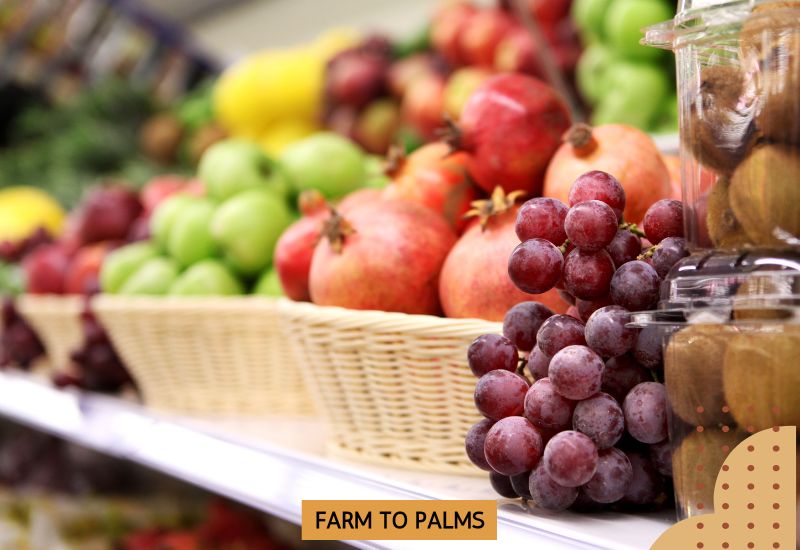
Consuming a variety of fruits in a fruit salad can contribute to healthier, more radiant skin:
Vitamin C
Vitamin C is essential for collagen production, skin elasticity, and firmness. Fruits such as oranges and kiwis are rich in vitamin C.
Hydration

Many fruits have high water content, helping to keep the skin hydrated and preventing dryness and flakiness.
Antioxidants
Antioxidants in fruits can protect the skin from UV damage and slow aging.
Eye Health

Certain fruits contain nutrients that are particularly advantageous for maintaining good eye health. When consumed together, these fruits can help promote optimal vision:
Lutein and Zeaxanthin
Fruits like kiwi and grapes contain lutein and zeaxanthin, antioxidants that are essential for protecting the eyes from age-related macular degeneration and cataracts.
Vitamin A
Fruits rich in vitamin A, such as mangoes and apricots, support good vision and help prevent night blindness.
Mental Well-Being
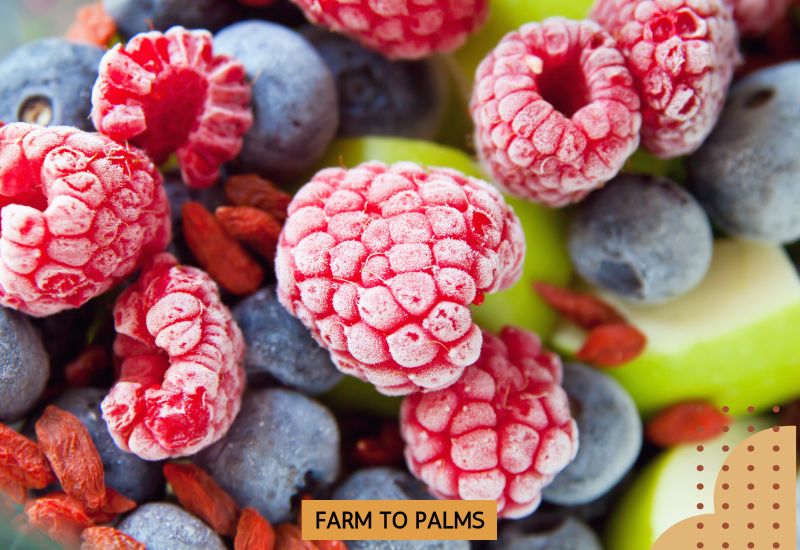
Nutrition has a significant impact on mental health, and including a variety of fruits in your diet can significantly contribute to your overall well-being:
Mood Regulation
Fruits contain vitamins and minerals in neurotransmitter synthesis and mood regulation. A balanced intake can help stabilize mood.
Cognitive Function

Fruits, mainly those rich in antioxidants like flavonoids, have been associated with enhanced cognitive function and a lower likelihood of cognitive decline.
Energy Levels
The natural sugars in fruits provide a steady energy source, helping to prevent energy crashes and mood swings.
Digestive Health
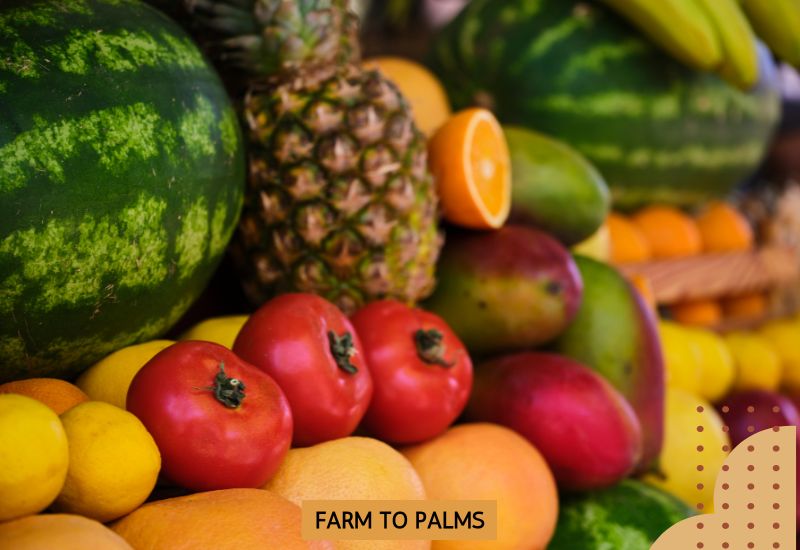
A fruit salad can be a boon for digestive health, thanks to its fiber content and other beneficial compounds:
Fiber and Regularity
The fruit fiber promotes regular bowel movements and prevents constipation. It also supports a healthy gut microbiome.
Digestive Enzymes

Fruits contain a variety of digestive enzymes that can help break down food and improve digestion.
Gut Microbiome
The fiber and polyphenols in fruits nourish beneficial gut bacteria, which play a critical role in digestive health and immune function.
Eating a diverse range of fruits in a fruit salad offers numerous health benefits, including increased nutrient diversity, enhanced taste, weight management support, improved blood sugar regulation, antioxidant synergy, cancer prevention, heart health promotion, immune support, better skin health, optimal eye health, mental well-being, and improved digestive health.
To harness these advantages, it’s essential to take action and incorporate a variety of fruits into your diet. Consider visiting Farm to Palms supermarket to purchase a wide selection of fresh and nutritious fruits. By doing so, you can enjoy the benefits of consuming a vibrant fruit salad regularly.

